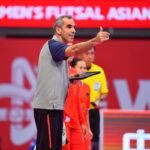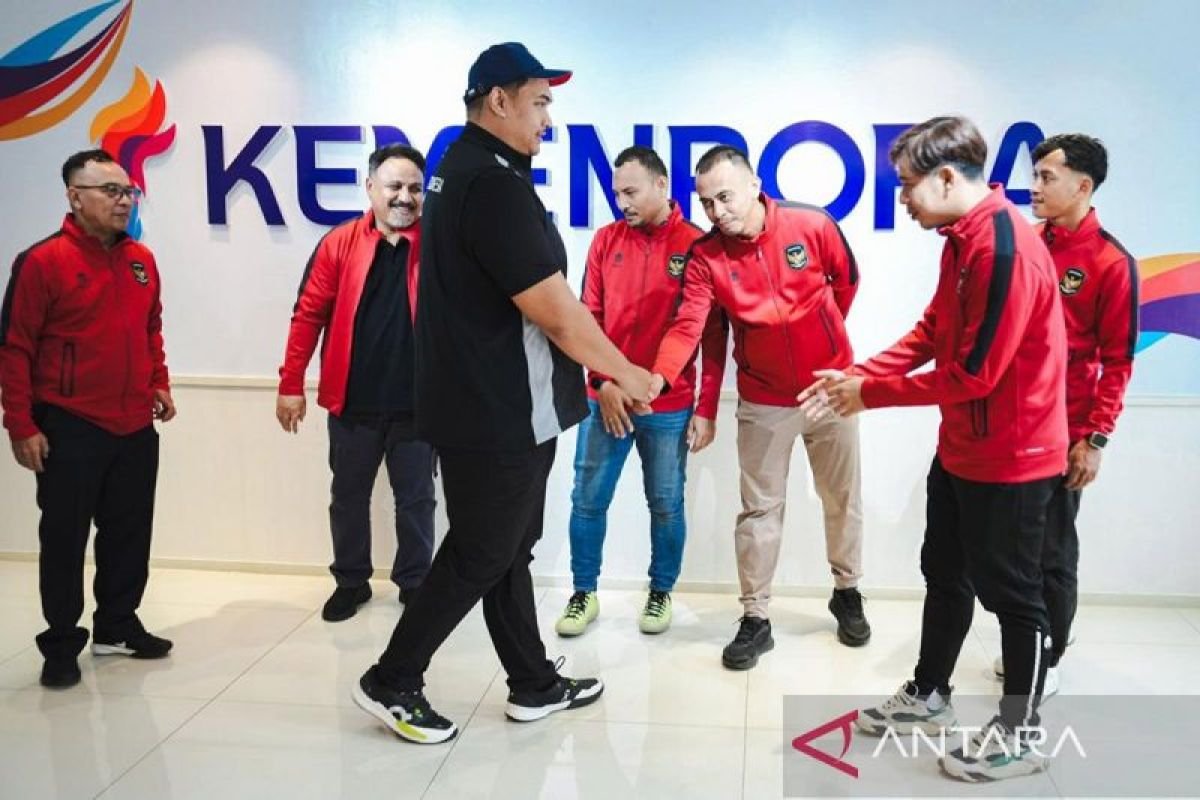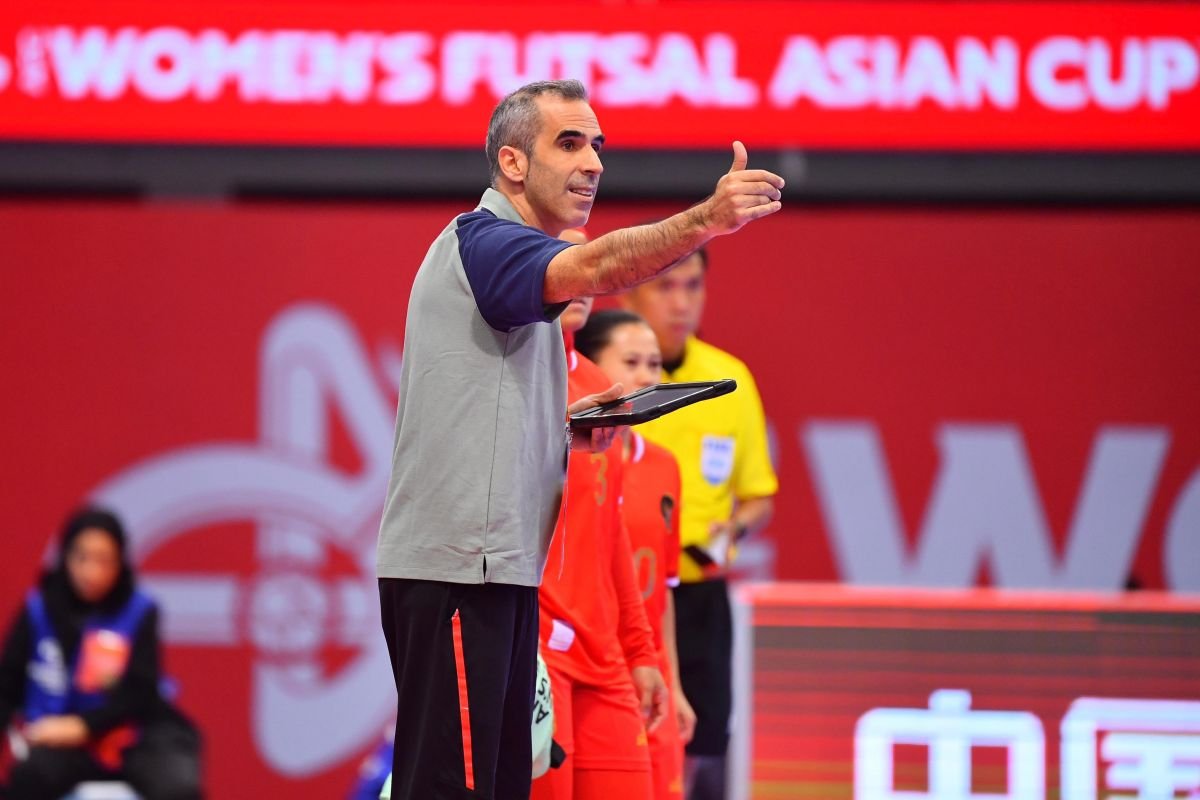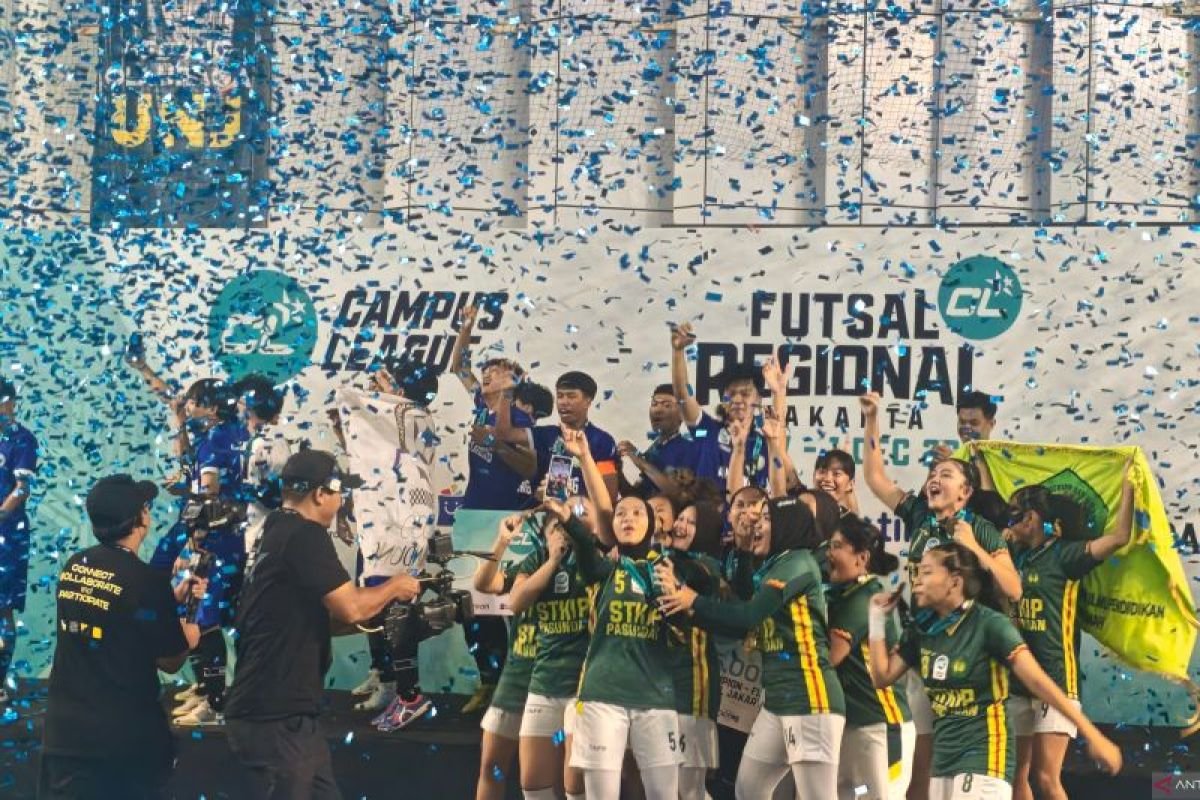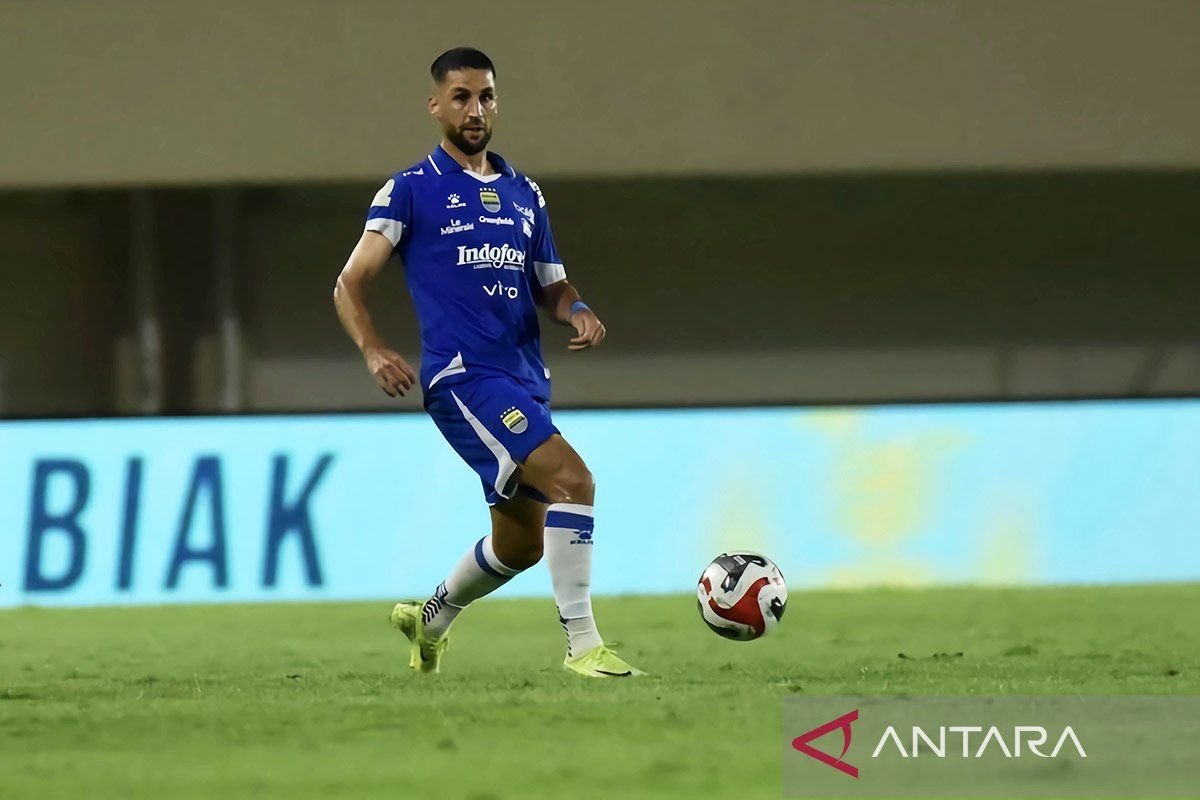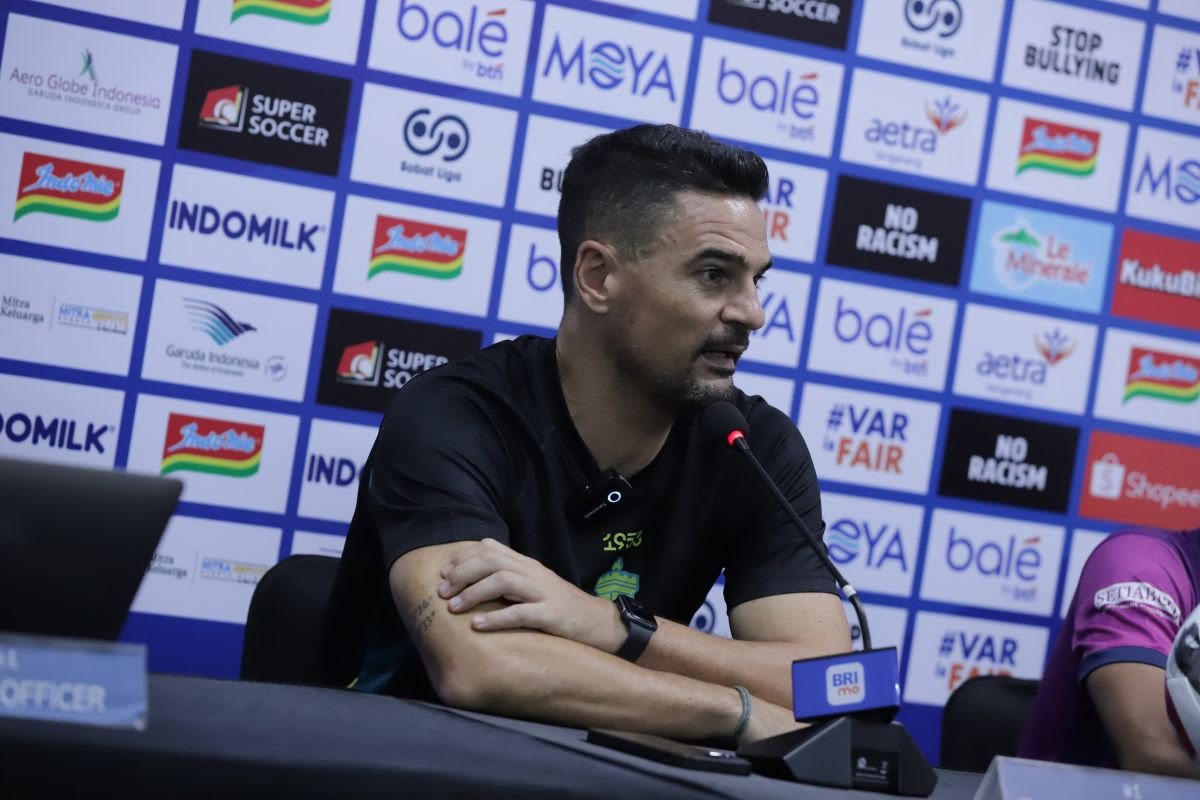Indonesia’s Participation in the 2025 Minifootball World Cup: A Moment to Showcase Potential
As the host of the 2025 Minifootball World Cup, Indonesia stands at the precipice of a golden opportunity to showcase its burgeoning talent on the global stage. This international tournament, which is set to gather the world’s best minifootball teams, not only underscores the sport’s growing popularity but also serves as a platform for Indonesia to elevate its sporting profile.
A Step Forward for Minifootball in Indonesia
Minifootball, often seen as a more accessible and dynamic variant of traditional football, has been steadily gaining traction in Indonesia. With a population passionate about football, minifootball offers a unique opportunity for many aspiring athletes who may not have the means or access to participate in larger, conventional football frameworks.
Indonesian players have been increasingly engaging in the sport, bolstered by grassroots programs and local leagues. Organizations dedicated to minifootball have been pivotal in promoting the game, providing training and resources that help nurture local talent. The potential for growth in Indonesian minifootball is immense, and participation in the world cup could catalyze this further.
Strategic Importance of Hosting
Hosting the Minifootball World Cup is not only a sporting event; it’s strategic for Indonesia’s international image. It provides a chance to bolster tourism, economy, and national pride. The government and various stakeholders in Indonesia are expected to leverage the event to attract international visitors, enhance local infrastructure, and promote Indonesia as a prime destination for sports tourism.
Moreover, the tournament would reflect Indonesia’s dedication to promoting sports at all levels. It emphasizes inclusivity, showcasing that talent thrives in diverse formats and can uplift communities. Hosting this event also promotes a sense of nationalism as citizens unite to support their national team.
Team Preparation and Development
To make the most of this opportunity, Indonesia’s minifootball team is gearing up for intensive training sessions, collaborations with experienced coaches, and participation in international friendlies. The Indonesian Minifootball Association is focusing on developing a competitive team that can navigate the rigors of the tournament.
Local universities and sports academies have been enlisted to scout and train the best talents, introducing programs that emphasize skill development, teamwork, and strategic gameplay. This foundational work is crucial, as it not only prepares the team for the World Cup but also helps cultivate a culture of sportsmanship and competitive spirit among youth.
Community Engagement and Grassroots Support
One of the most significant aspects of Indonesia’s journey toward the Minifootball World Cup is the emphasis on community engagement. Local communities are being mobilized to support their teams, as the tournament approaches. Initiatives to promote minifootball at schools, parks, and neighborhoods are set to create a grassroots movement that connects players with their communities.
These engagements are invaluable for fostering local support for the national team and instilling pride that goes beyond sporting achievements. By encouraging community participation, Indonesia aims to strengthen the bond between players and fans, fostering a vibrant culture around minifootball that could last long after the tournament concludes.
Looking Ahead: Challenges and Opportunities
Despite the excitement, Indonesia faces challenges in preparing for the World Cup. Infrastructure and logistical arrangements must be meticulously planned to accommodate teams and visitors effectively. Additionally, maintaining a high standard of competition will be crucial for Indonesia to leave a lasting impression.
However, the opportunities outweigh the challenges. Successfully hosting the Minifootball World Cup could lead to increased investment in sports, not just minifootball but across various disciplines, resulting in a legacy of enhanced facilities and programs for future generations.
Conclusion
Indonesia’s participation in the 2025 Minifootball World Cup is more than just a sporting event; it is a celebration of potential, unity, and cultural exchange. As the nation prepares to welcome the world, it stands to not only showcase its talents but also to inspire a new wave of sports enthusiasm among its youth. By capturing the essence of community spirit and showcasing the depth of local talent, Indonesia aims to leave a profound mark on the international minifootball landscape, setting the stage for future generations to thrive.


